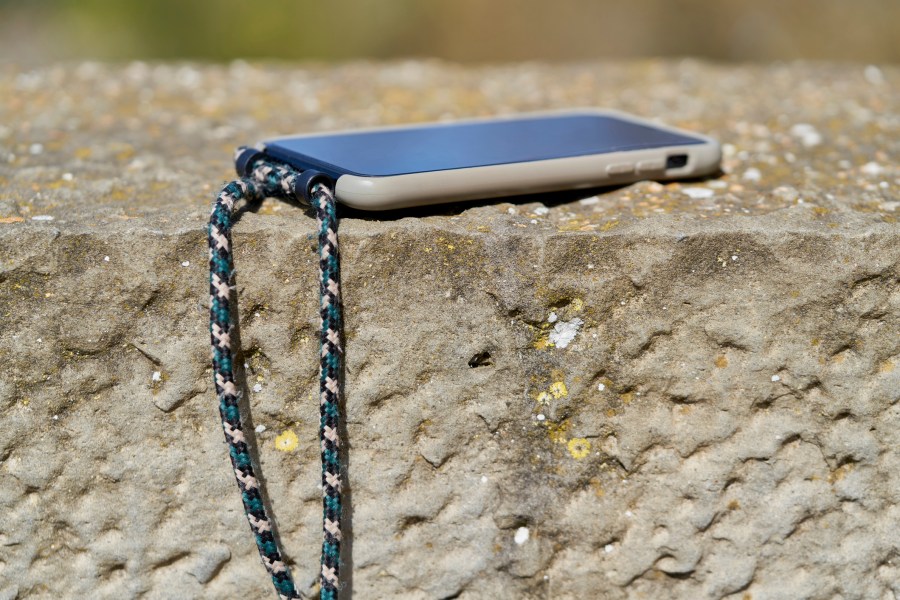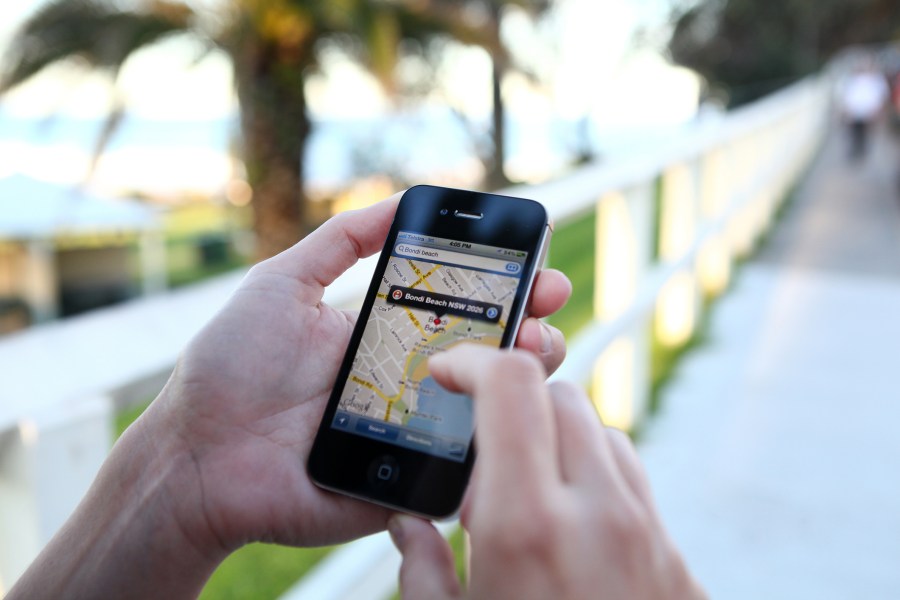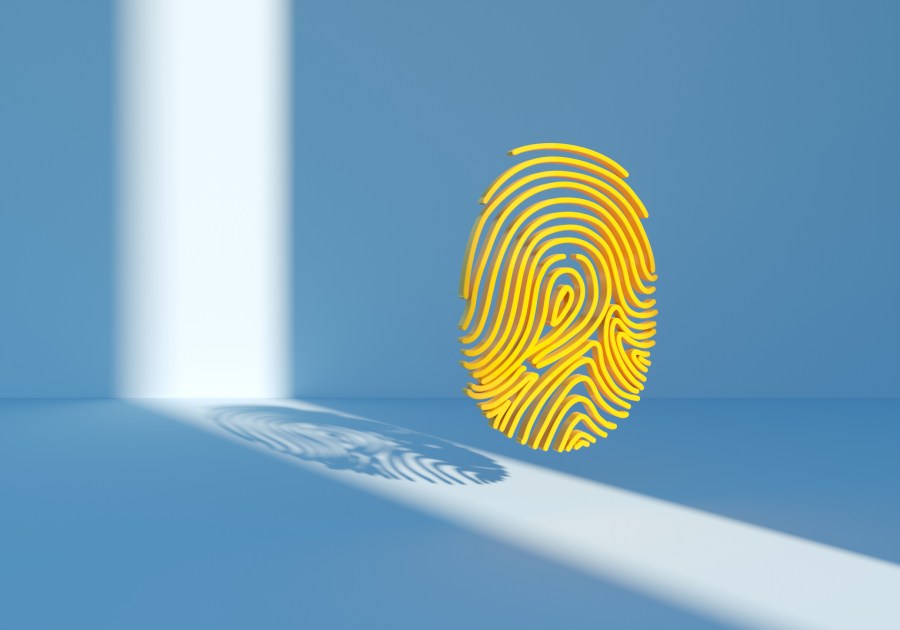Picture this: You’re on vacation in a city abroad, exploring museums, tasting the local cuisine, and people-watching at cafés. Everything is going perfectly until you get a series of alerts on your phone. Someone is making fraudulent charges using your credit card, sending you into a panic. How could this have happened?
Cyberattacks targeting travelers are nothing new. But as travel has increased in the wake of the COVID-19 pandemic, so has the volume of hackers and cybercriminals preying upon tourists. Financial fraud is the most common form of cybercrime experienced by travelers, but surveillance via public Wi-Fi networks, social media hacking, and phishing scams are also common, according to a survey by ExpressVPN.
Spokeo consulted cybersecurity sources and travel guides to determine some of the best ways to protect your phone while traveling, from using a VPN to managing secure passwords.
Online attacks are not the only type of crime impacting travelers—physical theft of phones is also a threat. Phones have become such invaluable travel aids, housing our navigation tools, digital wallets, itineraries, and contacts, that having your phone stolen, lost, or compromised while abroad can be devastating. Meanwhile, traveling can make people uniquely vulnerable to both cyber and physical attacks due to common pitfalls like oversharing on social media and letting your guard down when it comes to taking risks online.
Luckily, there are numerous precautions travelers can take to safeguard against cyberattacks and phone theft.

Use a VPN
Hackers can—and do—target public Wi-Fi networks at cafés and hotels to gain access to your personal information or install malware onto your device, particularly on unsecured networks. Travelers are especially vulnerable to these types of cybersecurity breaches because they are often more reliant on public Wi-Fi than they would be in their home countries where they have more robust phone plans. This reliance on public, unsecured networks means travelers are more likely to use those networks to perform sensitive tasks like financial transfers, meaning hackers can easily gain access to banking information or other passwords.
One easy way to safeguard yourself against these breaches is to use a virtual private network, or VPN, while traveling. VPNs are apps that encrypt your data and hide your location, preventing hackers from accessing personal information. An added bonus is that VPNs allow you to access websites that may be blocked or unavailable in the country you are visiting. To use a VPN, simply download a VPN app on your phone or computer, create an account, choose a server, and connect.

Wear a cross-body bag or antitheft strap
Pickpockets, scammers, and flagrant, snatch-your-phone-right-out-of-your-hand thieves can be found pretty much everywhere. In London, for instance, a staggering 91,000 phones were reported stolen to police in 2022, breaking down to an average of 248 per day, according to the BBC. Whether you’re visiting a crowded tourist attraction or just want peace of mind, travel experts advise taking precautions to make sure your phone isn’t physically stolen or compromised while traveling.
There are several antitheft options to choose from. If you want a bag that will protect your phone from theft, experts recommend looking for features like slash-resistant fabric, reinforced shoulder straps, hidden zippers that can be locked, and secure attachment points, like a cross-body strap or a sturdy clip. For tethers, look for those made of tear-resistant material with a reinforced clip or ring.

Back up your phone’s data
If your phone falls into the wrong hands, there’s a good chance you won’t be getting it back. Out of those 91,000 phones stolen in London in 2022, only 1,915 (or about 2%) were recovered. The good news is that you can take precautions to make the loss of your phone less devastating by backing up your data before you travel.
With backed-up data, you can acquire a new device and still access your photos, contacts, messages, and passwords. Moreover, if you have “Find My Device” or “Find My Phone” enabled, you can remotely wipe your stolen phone’s data so the thief cannot access it. It’s safest to back up your data to a hard drive and not just the cloud. That way, if you have to wipe your device, you don’t accidentally erase the backup, too.

Turn on “Find My Phone”
In order for the previous tip on this list to work, “Find My Phone” must be turned on in advance, but remotely wiping your device isn’t the only thing this feature allows you to do. The “Find My Phone” feature enables you to track your device, as long as it’s turned on and not in airplane mode. This is particularly helpful if you misplaced your phone or left it somewhere since it can help you retrace your steps. While this feature won’t show you the live location of a phone that has been turned off, it will show the phone’s last known location.
With “Find My Phone,” you can also remotely lock your phone or enable “Lost Mode,” which locks down the phone, suspends any in-phone payment methods, and displays contact information for returning the phone to you. If your phone was stolen, experts caution against taking matters into your own hands by chasing down the thief, since this could land you in a potentially dangerous situation and is unlikely to result in getting your phone back.

Protect your passwords
Strong passwords for important accounts help protect your information while you travel, but it’s just a first step. The National Cybersecurity Alliance recommends creating long, unique, and complex passwords for every account and combining them with multifactor authentication to create maximum barriers to entry.
If you’re worried about remembering these passwords, password managers can be a vital tool for both creating and storing strong passwords. Password managers are apps that act as secure vaults for all your passwords. Some even come with a feature that allows you to temporarily delete sensitive passwords before you travel and then easily restore them once you return.
This story originally appeared on Spokeo and was produced and distributed in partnership with Stacker Studio.






